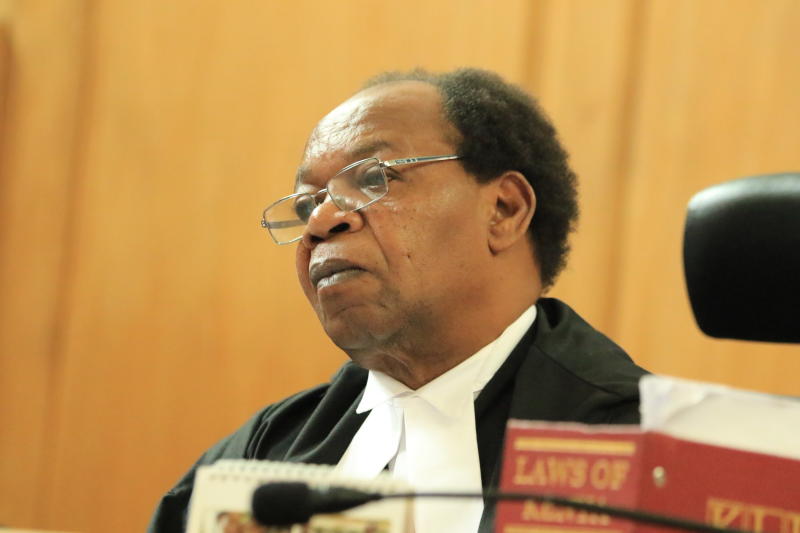×
The Standard e-Paper
Stay Informed, Even Offline

When Court of Appeal judges sat to pen a decision whether former Central Bank of Kenya Governor Njuguna Ndung’u should be charged with graft, they did not unanimously agree.
Two of them, Erastus Githinji and Jamilla Mohamed, decided that Prof Ndung’u could not be held responsible for a Sh1.2 billion controversial security tender awarded to Horsebridge Network Systems.